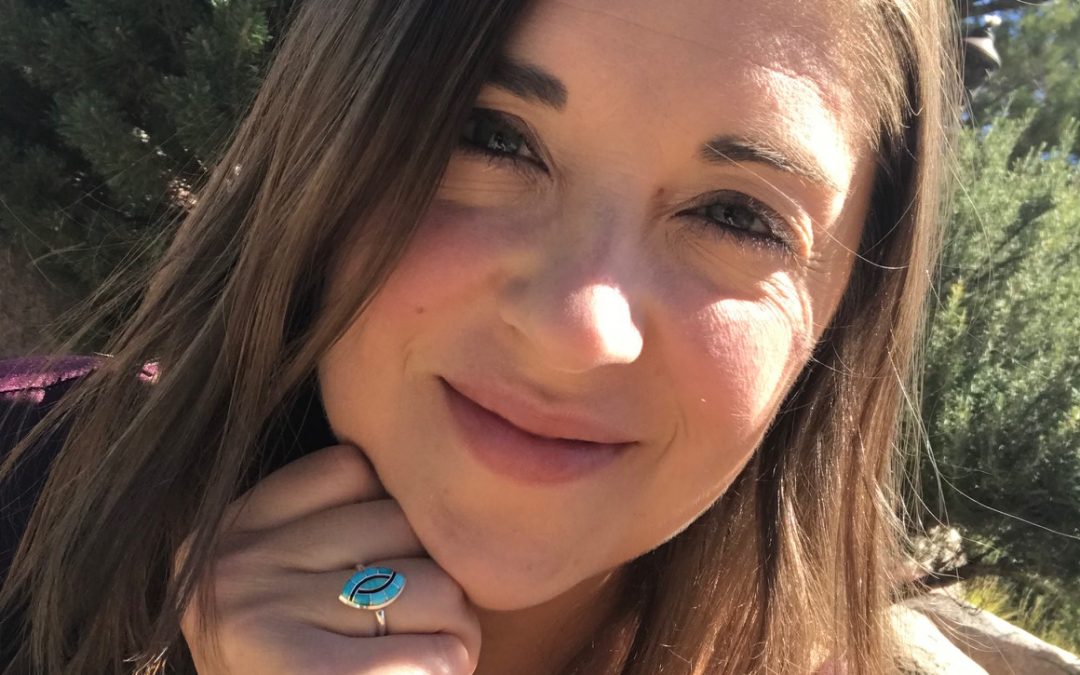I am pleased to be able to join the Honors faculty this year. For me, this is an exciting opportunity, as it has enabled me to come into contact with a new student population and it has enabled me to teach two new classes this year.
During the fall quarter, I taught UHNR 201: Seminar in Rhetoric. The purpose of this course is two-fold. First, it presents the study of rhetorical theory and techniques for oral and written communication. Second, it is a class through which students continue to develop their worldview by revising a worldview paper that they began during their freshman year and that they will reconsider and revise once again during their senior year.
For this course, I chose to focus on Classical Rhetoric with readings by Plato, Aristotle, Cicero, and Quintillian. During my own graduate studies, I took a Classical Rhetoric and Theory course. For me, learning about the foundation of rhetorical theory and practice was extremely influential in terms of shifting the way that I thought about and approached argumentation in speaking and writing. It changed the way that I made arguments, and, most importantly, it helped me to critically analyze arguments I heard from others, from the media, and from politicians. I found this extremely valuable, and I hope that is part of what students gained from taking this course.
This quarter, I am team-teaching UHNR 424: Seeking, Knowing, and Serving. In this course, seniors, who are at the end of their college experience, prepare their Honors portfolio and reflect on the development of their personal philosophies and worldviews. This reflection happens both through the portfolio process and through the examination of a specific worldview delivered through class content. While next year, I will be responsible for guiding students through the portfolio process, as well as aiding them as they write the final draft of their worldview paper (which goes into the portfolio), this year my role was to deliver worldview content. In the past few years, the class has explored environmentalism as a worldview. I wanted to focus on something similar to that, but to also adapt the class to my specific skills, interests and research foundation. So, I chose to center the class on something I am passionate about but that I don’t often get a chance to discuss in an academic setting—America’s national parks. Through an exploration of the historical and contemporary issues that the United States National Park Service has faced and is still facing at present, the class considered a worldview which integrates respect for the natural environment with respect for history, diversity, and service.
Though it may not seem like it upon first glance, the national parks are one of the stages on which many of the controversial issues that our nation faces, both environmental and otherwise, are played out. Through this lens, we explored topics as diverse as Native American history, immigration, the protection of biodiversity, climate change, land ownership, and more. After considering all of these issues, the students’ final project for this part of the course was to work in groups to propose a specific site to be a national park, preserve, monument, or historic site. My hope is that students who took this class will come away from it with an appreciation for all that the national parks offer to us, as well as a nuanced view of the National Park Service and the many ways that it is trying to meet the challenges that it faces in the 21st century.
- Dr. Jill Walker Gonzalez, Department of English

